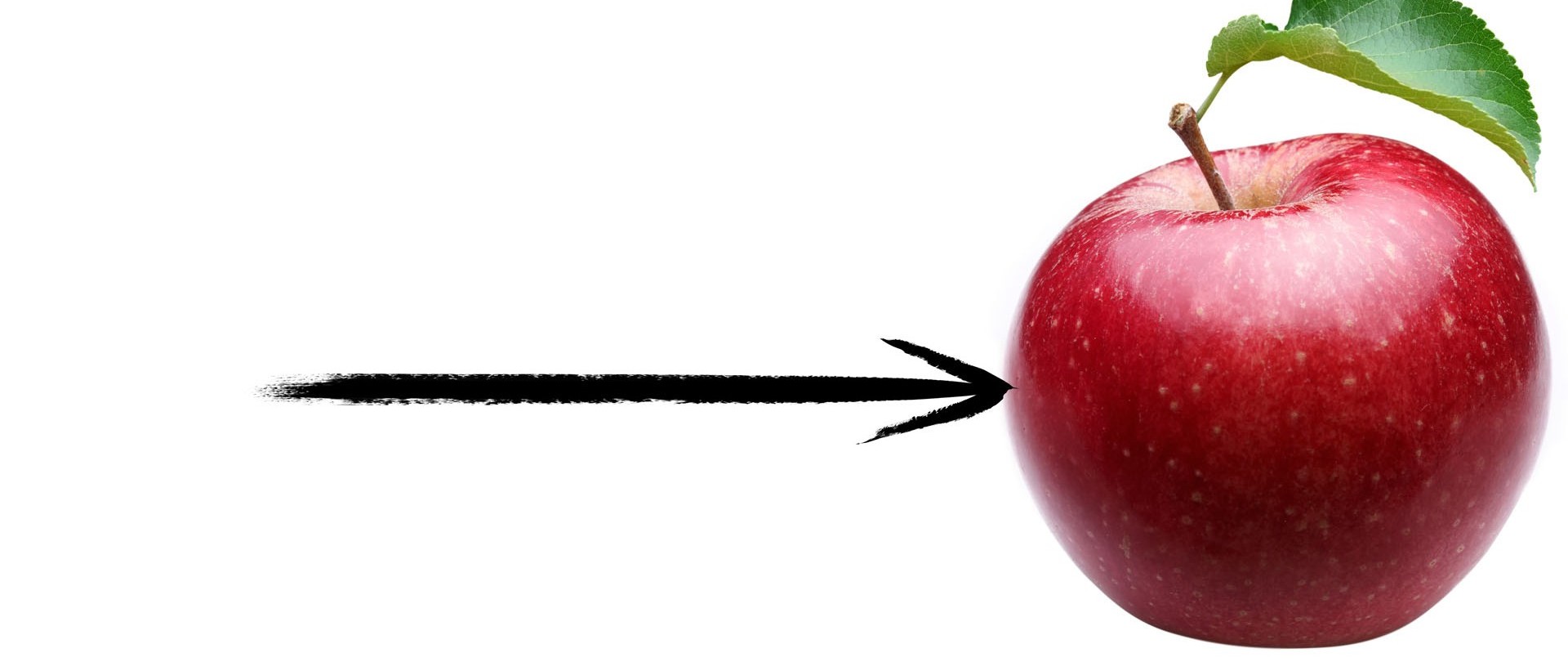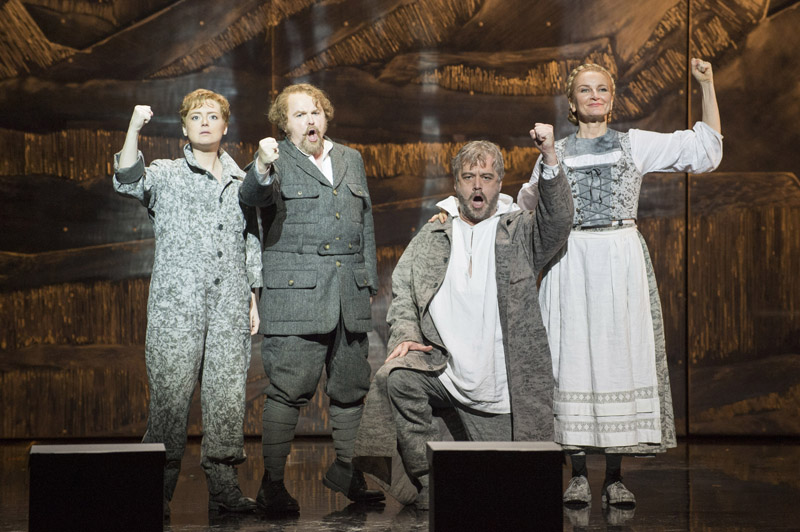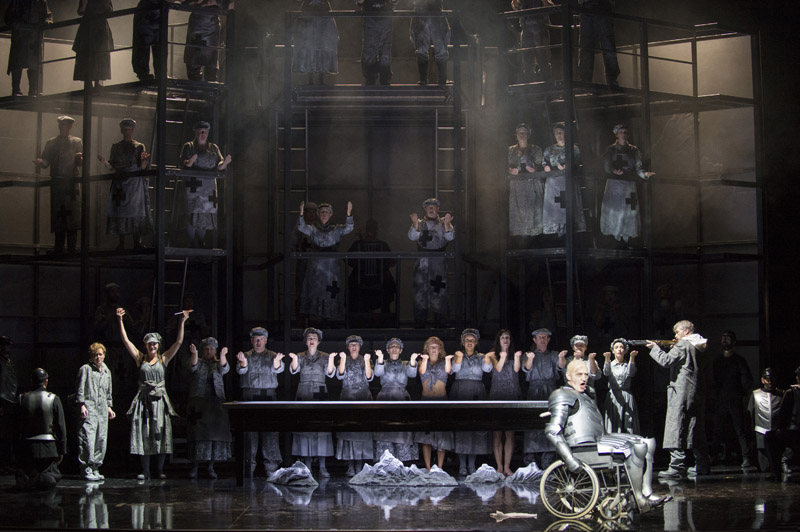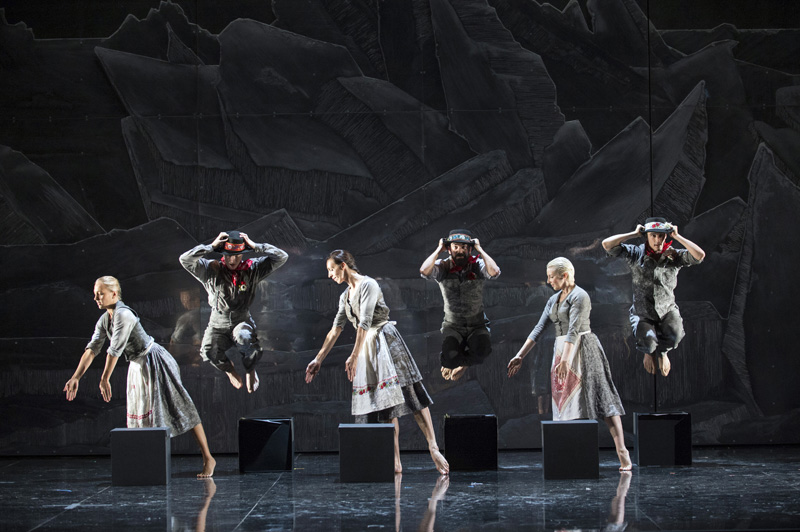

A review of William Tell by Welsh National Opera
18.09.14
How does someone in Cardiff in 2014 imagine the way an Italian in 1829 thought about the Swiss in 1300?
The answer is David Pountney’s splendid new production of Rossini’s William Tell for Welsh National Opera.
The opera – Rossini’s last – has a touch of everything. Heroes, cowards, villains, lovers; divided loyalties are all here. And the principals, chorus, orchestra and dancers make sure to do it complete- and swashbuckling-justice.
Title Roles
David Kempster cuts an impressive figure in the title role, intoning his notes with the firm defiance the role demands. A feeling of drama is heightened in Pountney’s staging by the use of a number of ritualistic set pieces: the oath sworn by Tell’s Swiss compatriots to resist Austrian oppression at the end of Act Two, the forced show of obeisance to the Austrian Governor Gesler in Act Three, Tell himself killing Gesler with an arrow in Act Four, and of course Tell’s iconic shooting of an apple from his son’s head.

William Tell - Fflur Wyn (Jemmy), Barry Banks (Arnold), David Kempster (William Tell) and Leah-Marian Jones (Hedwige) - Photo credit Richard Hubert Smith
It is this last Act that precipitates Tell’s imprisonment and his people’s rebellion in support of him. Fflur Wyn in the trouser role as his son Jemmy shows a poise and mastery beyond her years. As befits the son of an iconic leader she is equally capable of blurring into the background or dominating the stage in its entirety. Her words toll with perfect clarity, giving her an onstage presence that fully complements Kempster’s Tell. Leah-Marian Jones plays an able supporting part in the fairly minor role of Hedwige and Richard Wiegold is a convincing village patriarch, Melcthal.
Barry Banks as Tell’s ally Arnold seems to settle into the role more comfortably as the performance goes on. His diminutive size makes him an unlikely folk hero and even less likely lover to the Austrian princess, yet the production team play up his physical incongruity by giving him a dandy’s wig and beard. It is actions not appearances that make a man (this staging seems to say) and Banks does not disappoint.
Appearances, sadly, were all Giesla Stille was able to rely on as Princess Mathilde on the opening night. Ordered by doctors to rest her voice, she walked through the actions on stage while Camilla Roberts sang the role – admirably – from the wings. It is a testament to the quality of the production and of the singing that bar a small feeling of disconnection, this enforced alteration did little to break up the flow of the music or the performance.
You’ll Never Take Our Milka!
WNO’s productions for Autumn 2014 have been grouped around the theme of Liberty or Death! In this Swiss equivalent to Braveheart it would be tempting to look for parallels with current and historical events in Scotland. For the most part this is a temptation that Pountney resists. Opera at its most effective can transport its audience to a different time and place, and a simple set of screen images creates an Alpine setting that insists on the then-and-there of Tell’s legend rather than the here-and-now. This feeling is strengthened by Clive Bayley’s semi-comical interpretation of the villainous Gesler, a performance that stops the production from tipping over into the excessively serious.

Cast and chorus - Photo credit Richard Hubert Smith
Battling for Attention
One of the central challenges presented by William Tell is that depicting epic battles on stage is notoriously difficult. Rossini’s answer to this seems to have been to minimise the real action, so that most of what happens on stage hints at the struggle that it doesn’t really depict in full. It falls to the chorus to create a sense of the gear changes between the lives of the rustic Swiss shepherds and the violent action that increasingly impinges on them. In meeting this challenge the chorus deserves to be considered a character in its own right. They speak and move as one.
The same is also true of Amir Hosseinpour’s carefully assembled sextet of dancers, Sophia Preidel, Sophy Ribrault, Kit Brown, Nicolas Keegan, Pim Veulings and dance captain Megan Griffiths. Their choreographed movements are taut and unnatural, perhaps suggestive of a people under brutal occupation, reduced to little more than nameless bodies. If the dances themselves are at times difficult to interpret, this only adds to the power of the drama. Their stabbing, inarticulate gestures are a perfect symbol of Tell’s people struggling for expression.

Dancers - Photo credit Richard Hubert Smith
The dancers also bring with them the benefit of keeping things moving. Along with the chorus they provide vital traffic between the rituals, so that the audience are gripped right up to the final set piece – and much rejoicing.
We feature further reviews and analysis in the magazine. See our contents pages in the archives section and you can buy issues here.